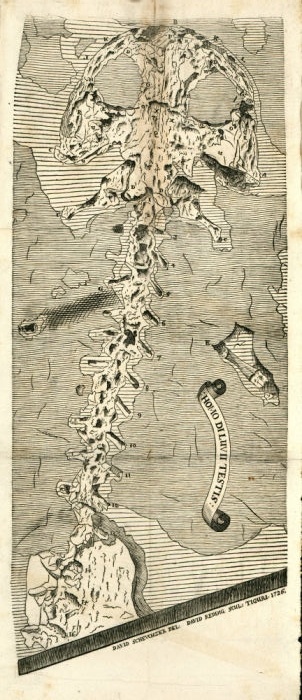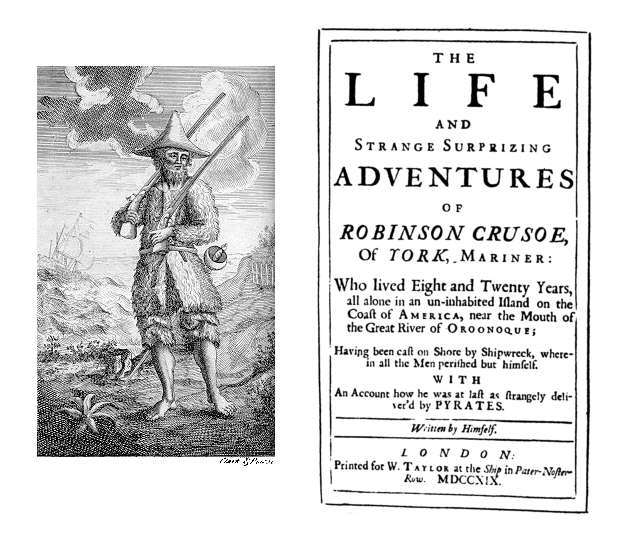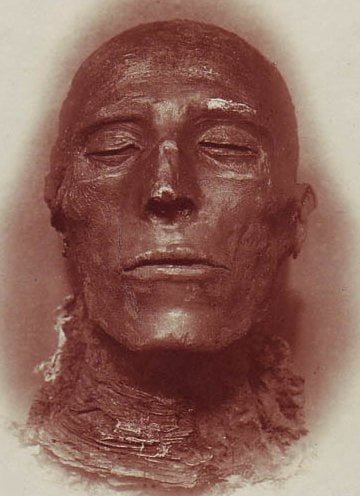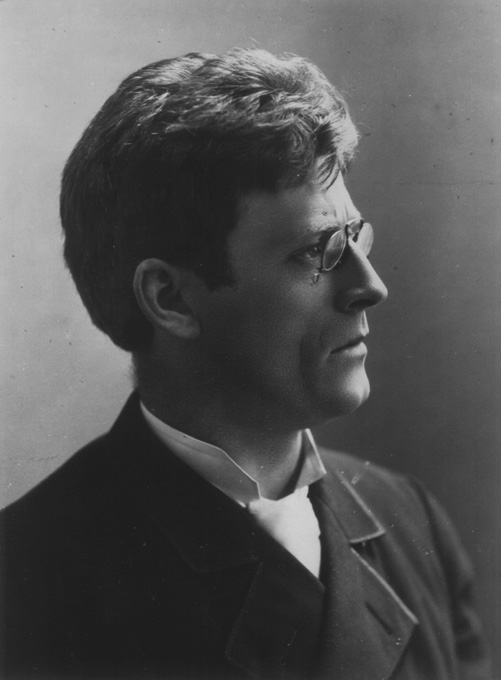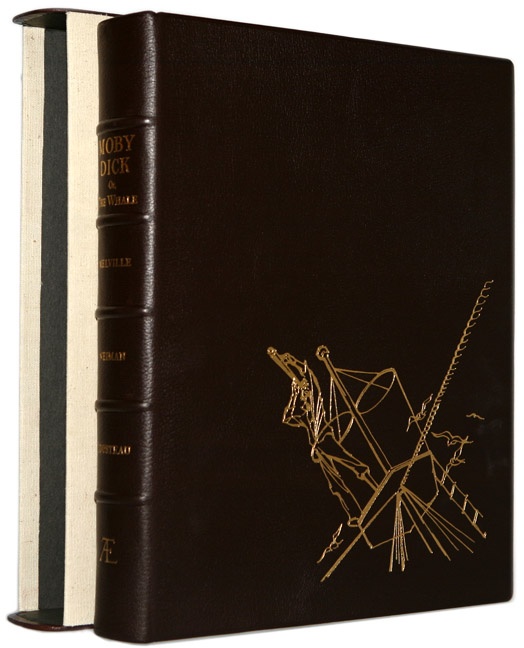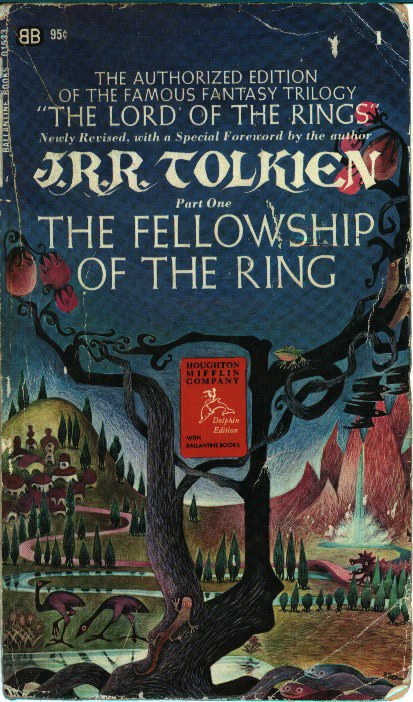Over the last century, war literature has become a popular genre for readers in many parts of the world. Whether you were assigned Erich Maria Remarque’s All Quiet on the Western Front (1929) on a literature syllabus dealing with World War I, or if you picked up a copy of Michael Herr’s Dispatches (1977) to learn more about the war in Vietnam, you’re likely acquainted with fiction and creative nonfiction that interrogates and remakes wartime experiences. But one area of war literature that isn’t so commonly read or taught is fiction from the recent Iraq War. If you’d like to think more about the relationship among novels, memoirs, and the so-called war on terror, where should you begin? We’d like to recommend a handful of books that hail both from American authors and from Iraqi writers translated from the original Arabic.
us toll free: 1-800-948-5563 international: +1 (843) 849-0283 UK: +44 (0) 1334 260018





